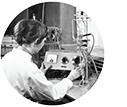Select your destination
Continue to Radiometer Medical
History and milestones
Refining our deep knowledge and experience in acute care diagnostics since 1954
Our role in the history of blood gas testing
|
|
1935 |
|
|
1937 |
 |
1952 As the polio epidemic sweeps across Europe, many patients, including children, are at risk of respiratory failure. Laboratory head and professor Poul Astrup and anesthesiologist Bjørn Ibsen discover how to improve the diagnosis and treatment of patients by measuring the pH value in blood using Radiometer’s pH meters. [2, 3] |
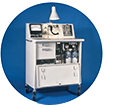 |
1954 The groundbreaking discovery forms the basis for Radiometer’s entry into medical technology with Radiometer developing the world’s first commercially available blood gas analyzer [1]. |
Today Radiometer continues to advance acute care diagnostic solutions with dedication, clinical evidence, attention to detail and heartfelt passion.
A legacy of innovation
We believe that breakthrough results are made by specialists rather than generalists. We are driven to push the boundaries of innovation to find new and improved solutions.
- In 1954 we launched the world’s first commercially available blood gas analyzer
- We continue to expand our point-of-care testing menu, the most recent additions being creatinine and urea
- We support patient blood management by ensuring you only get the amount of blood you need for a full panel of results
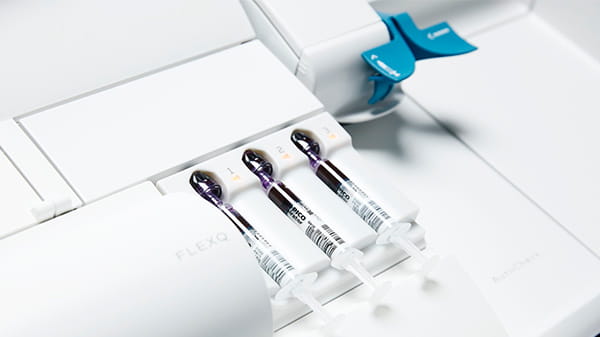
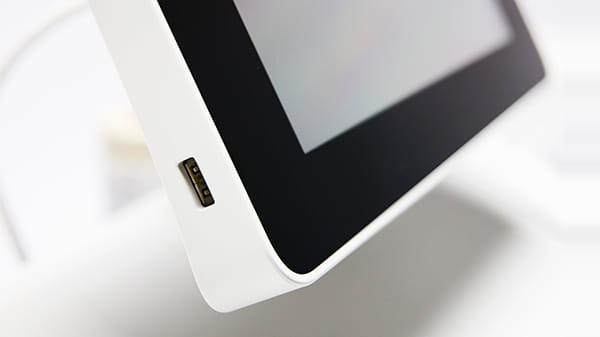
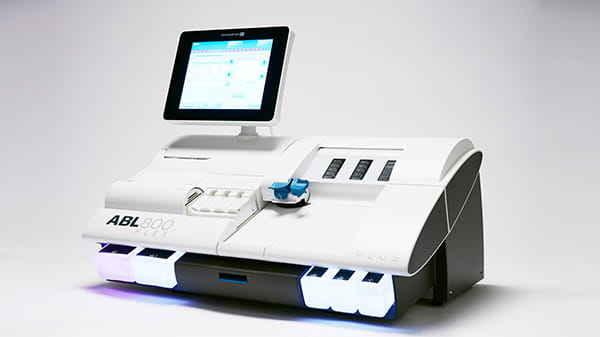
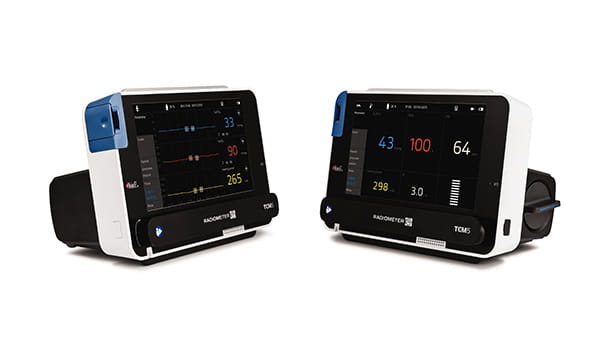
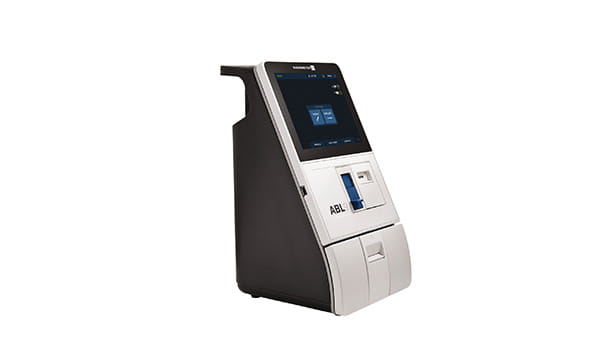
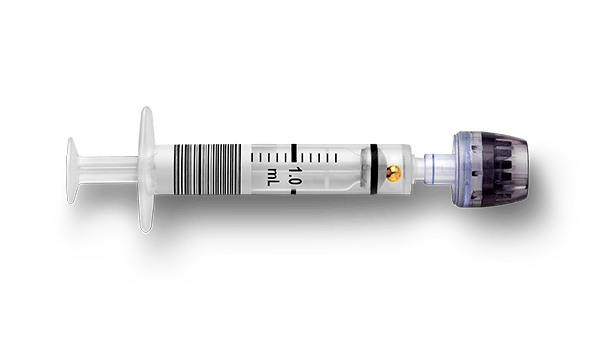
Product milestones
| 1973 | ABL1 analyzer – World’s first automated blood gas analyzer |
|
| 1990 | ABL510 analyzer and OSM3 – World’s first combined blood gas analyzer with Co-oximetry and first to offer non-saturated hemoglobin |
|
| 1998 | ABL700 analyzer – World’s first blood gas analyzer with bilirubin and automated quality control |
|
| 1999 | RADIANCE – STAT data and analyzer management system |
|
| 2001 | TCM400 monitor – World’s first multichannel transcutaneous oxygen monitoring system |
|
| 2004 | ABL800 FLEX analyzer – Automated benchtop blood gas analyzer that measures a full panel of up to 18 STAT parameters on the same blood sample |
|
| 2005 | 1st Automatic – World’s first complete solution that simplifies the process from test order to reported results |
|
| 2008 | AQT90 FLEX analyzer – Immunoassay analyzer offering reliable results for an extensive range of biomarkers in 11-21 minutes |
| 2009 | ABL90 FLEX analyzer – Cassette-based analyzer provides lab-quality results from 17 parameters |
|
| 2012 | AQURE POC IT solution – a point-of-care IT solution that helps you manage devices, operators and their competencies, compliance, and sample workflow |
|
| 2014 | LIVE Connect digital service – digital service that remotely monitors the performance of a hospital’s analyzers in real-time while making it easy and quick to remotely troubleshoot issues |
|
| 2015 |
ABL90 FLEX PLUS analyzer - High-volume cassette-based analyzer measuring 19 critical parameters, including creatinine and urea |
|
| 2016 | TCM5 FLEX monitor – a transcutaneous monitor that monitors oxygenation and ventilation status in critically ill patients |
|
| 2017 | ABL9 analyzer – easy to use and affordable for acute care diagnostic settings that run a few tests per day |
|
| 2018 | ABL800 FLEX in PLUS version – new design for improved user interaction |
In the news
Our commitment to sustainability
Join us
References
1. Holbek CC. 25 years of Radiometer blood gas analyzers. The Danish Society for Biomedical Engineering, ed, Aspects of biomedical engineering in Denmark 1998: 133-41.
2. Senelar LR. The Danish anaesthesiologist Björn Ibsen a pioneer of long-term ventilation on the upper airways. Senckenberg Institute of History and Ethics of Medicine 2009. 1-49.
3. Severinghaus J et al. Blood Gas Analysis and Critical Care Medicine. Am J Respir Crit Care Med 1998; 157: S114-S122.
Cookies are used on this website
Use of cookiesPlease enter a valid email
We will be sending an e-mail invitation to you shortly to sign in using Microsoft Azure AD.
It seems that your e-mail is not registered with us
Please click "Get started" in the e-mail to complete the registration process
Radiometer is using Microsoft AZURE Active Directory to authenticate users
Radiometer uses Azure AD to provide our customers and partners secure access to documents, resources, and other services on our customer portal.
If your organization is already using Azure AD you can use the same credentials to access Radiometer's customer portal.
Key benefits
- Allow the use of existing Active Directory credentials
- Single-sign on experience
- Use same credentials to access future services
Request access
You will receive an invitation to access our services via e-mail when your request has been approved.
When you accept the invitation, and your organization is already using AZURE AD, you can use the same credentials to access Radiometer's customer portal. Otherwise, a one-time password will be sent via e-mail to sign in.


